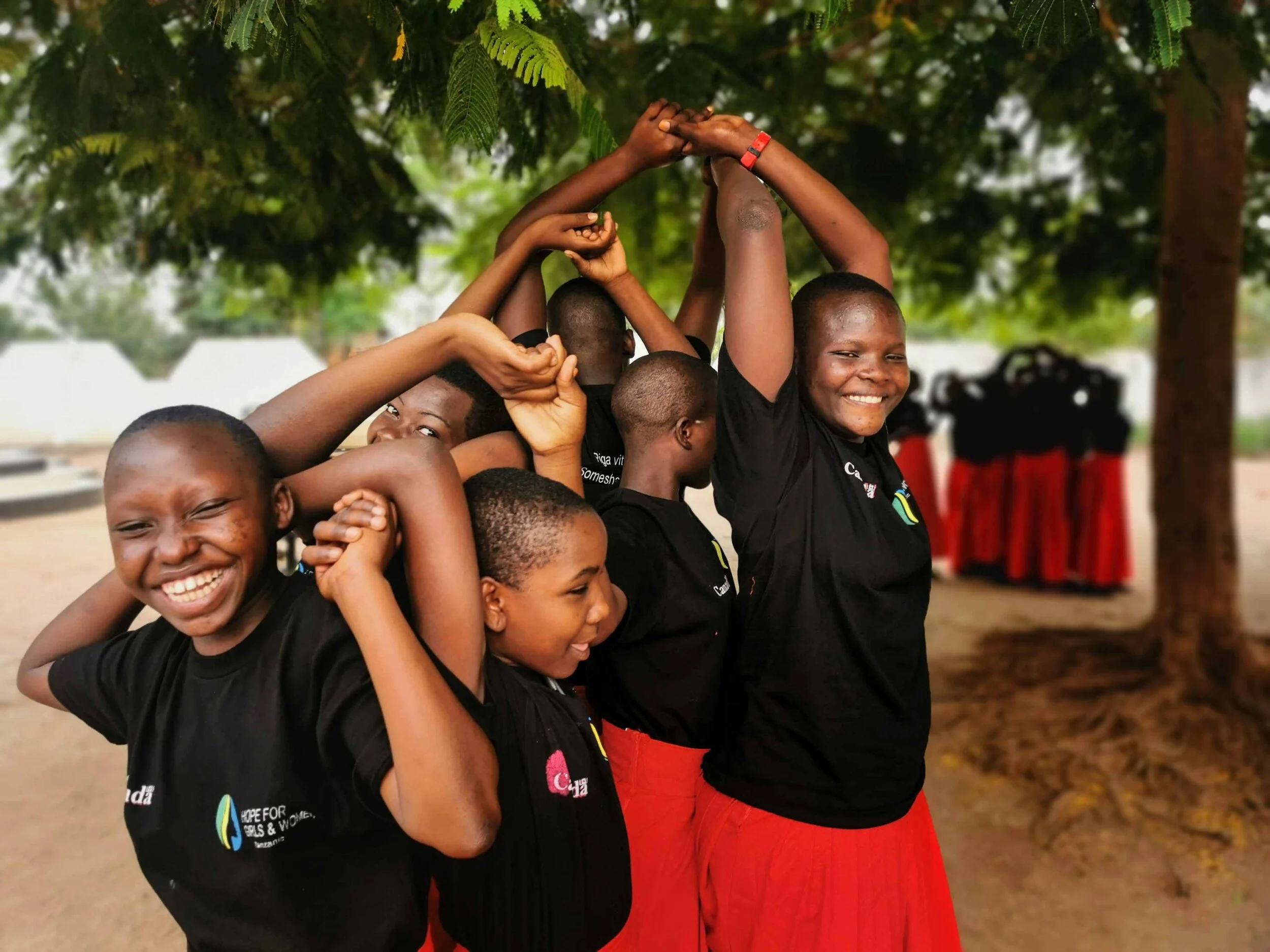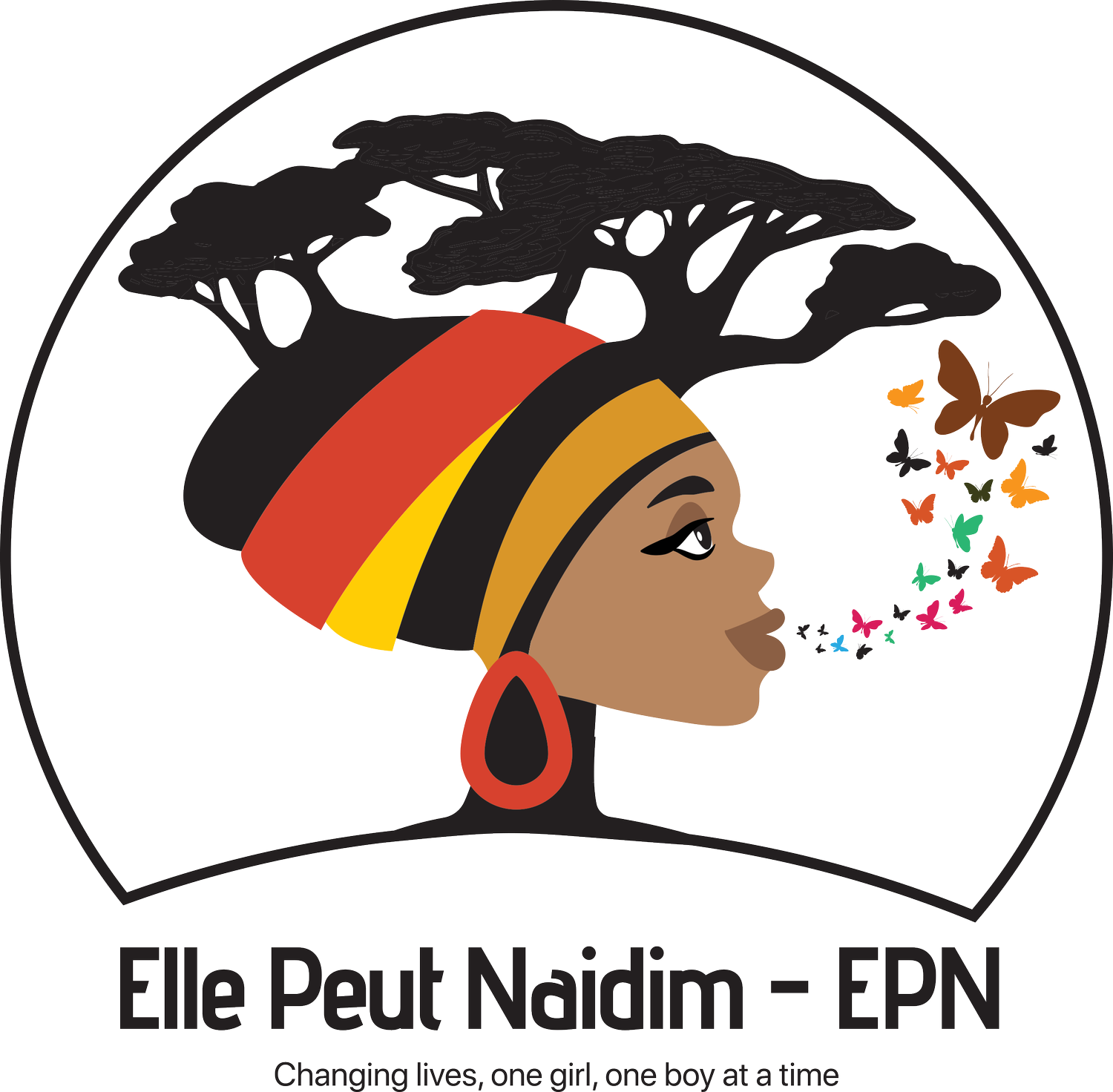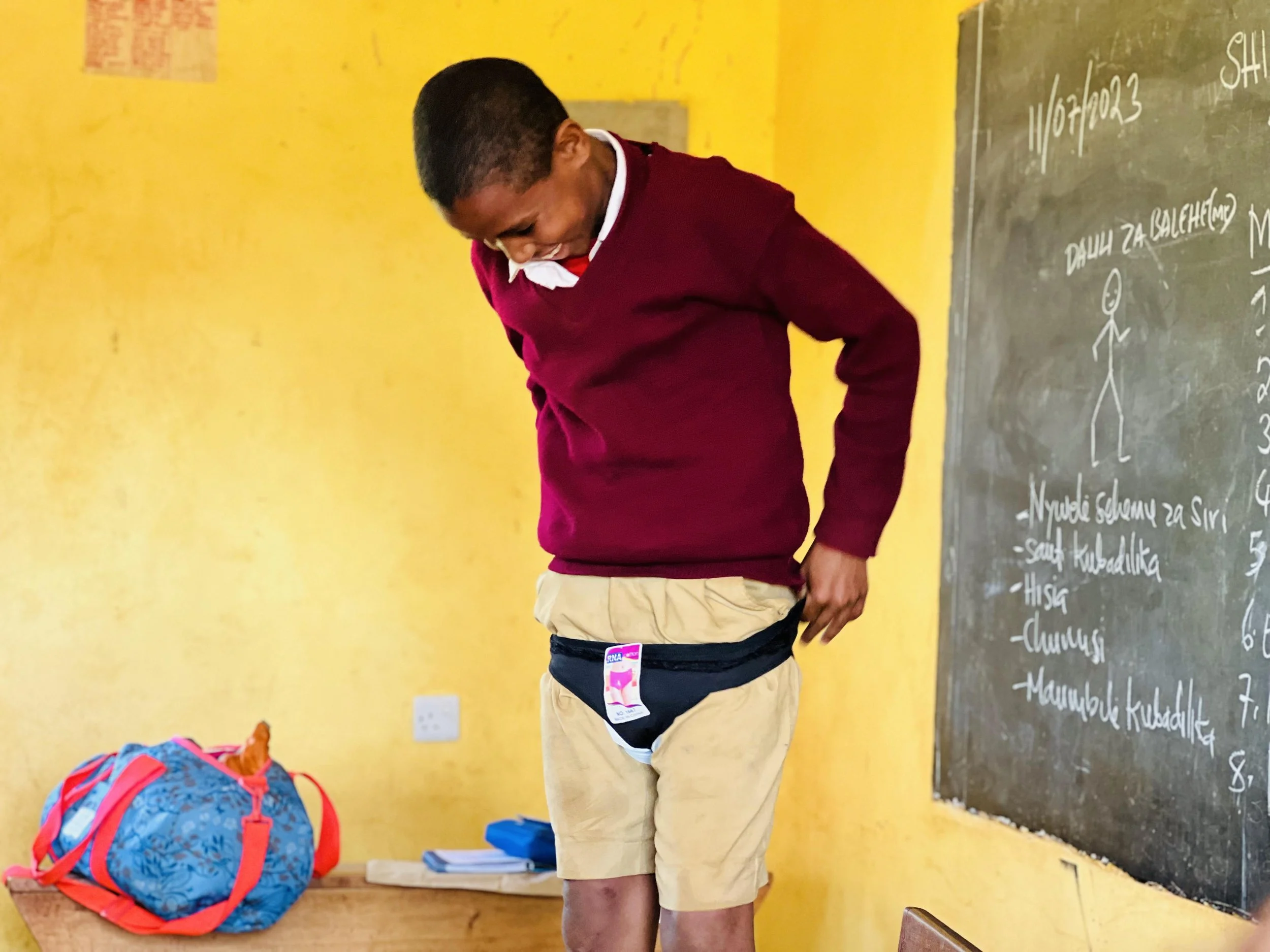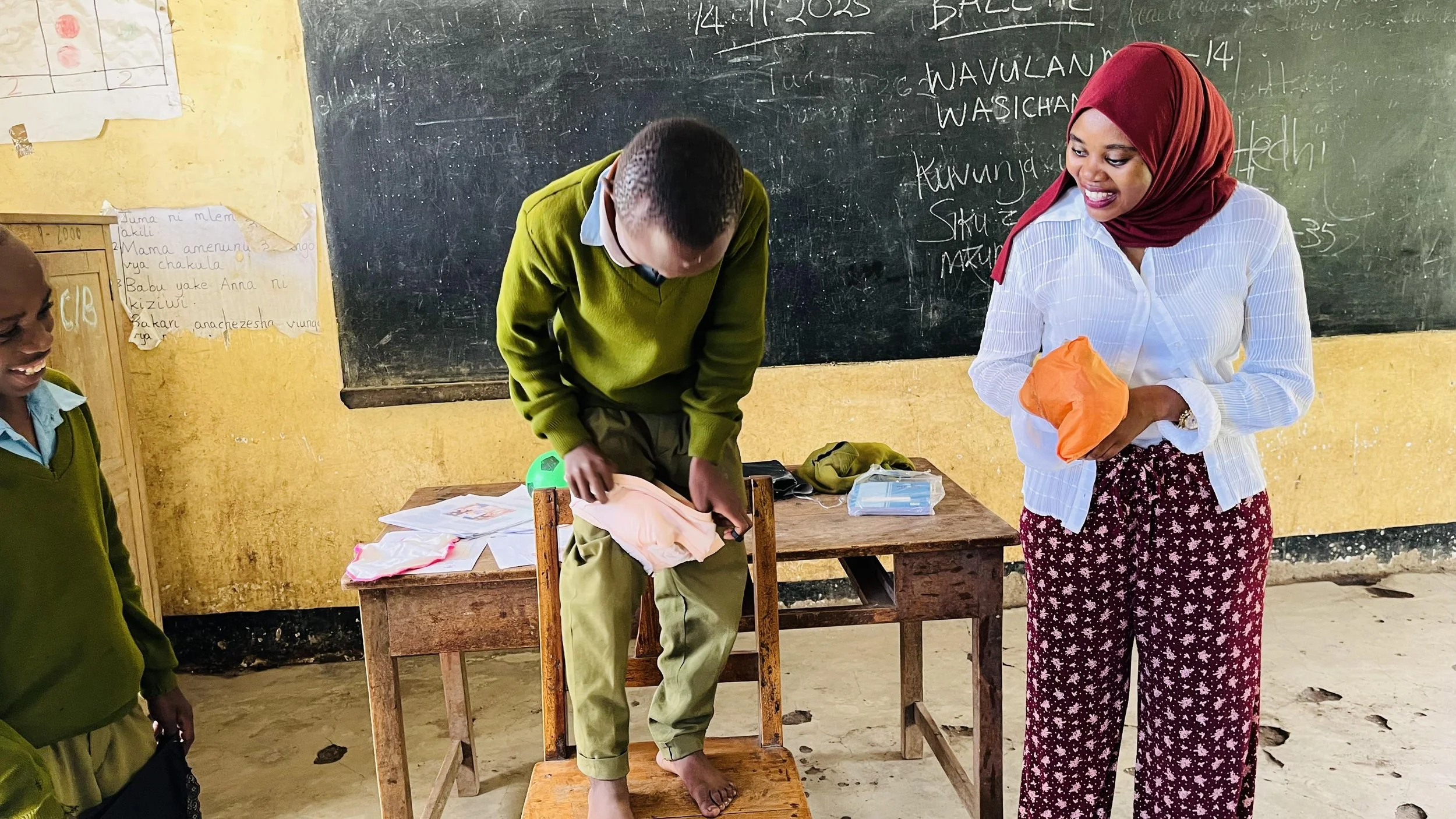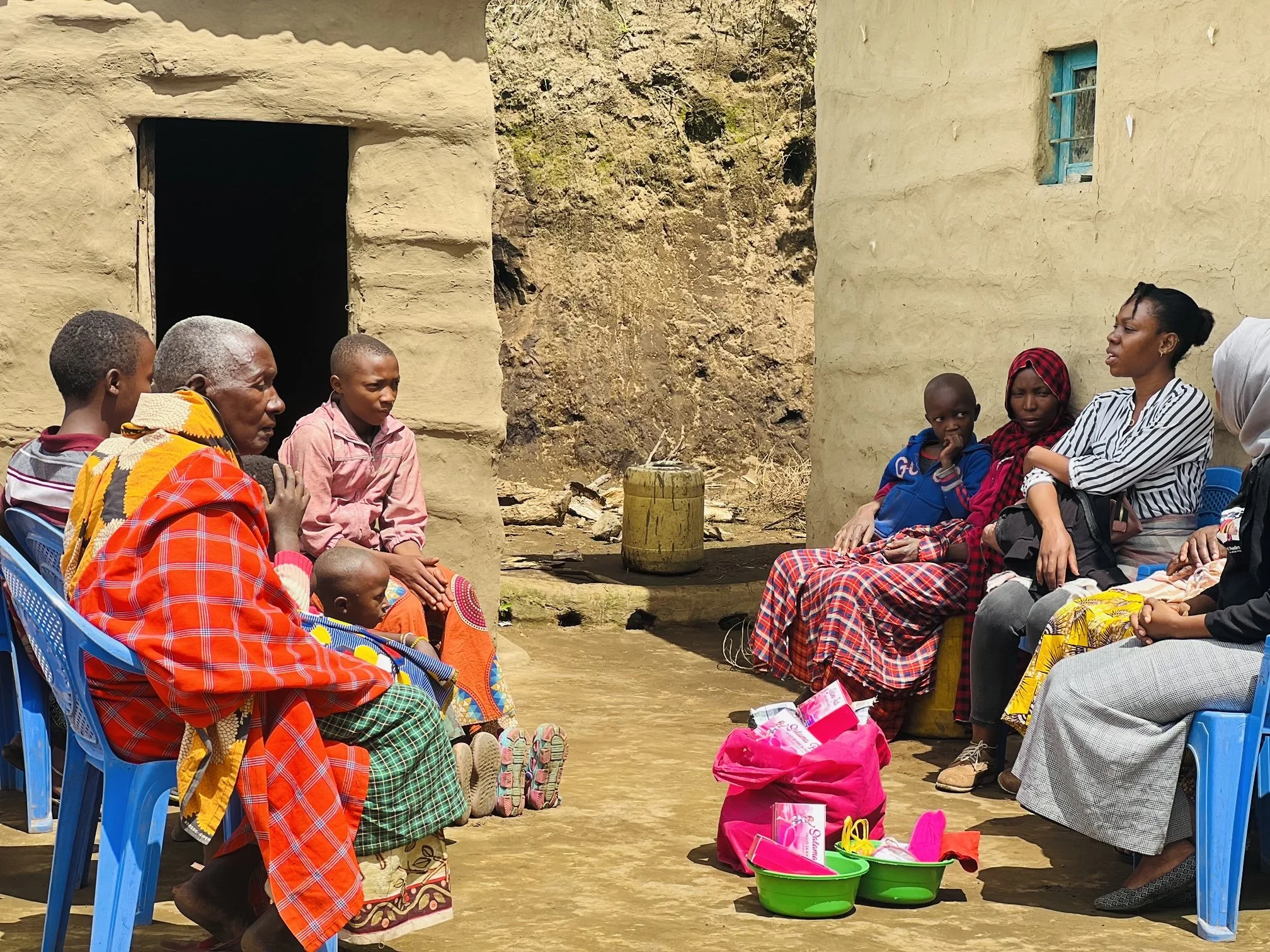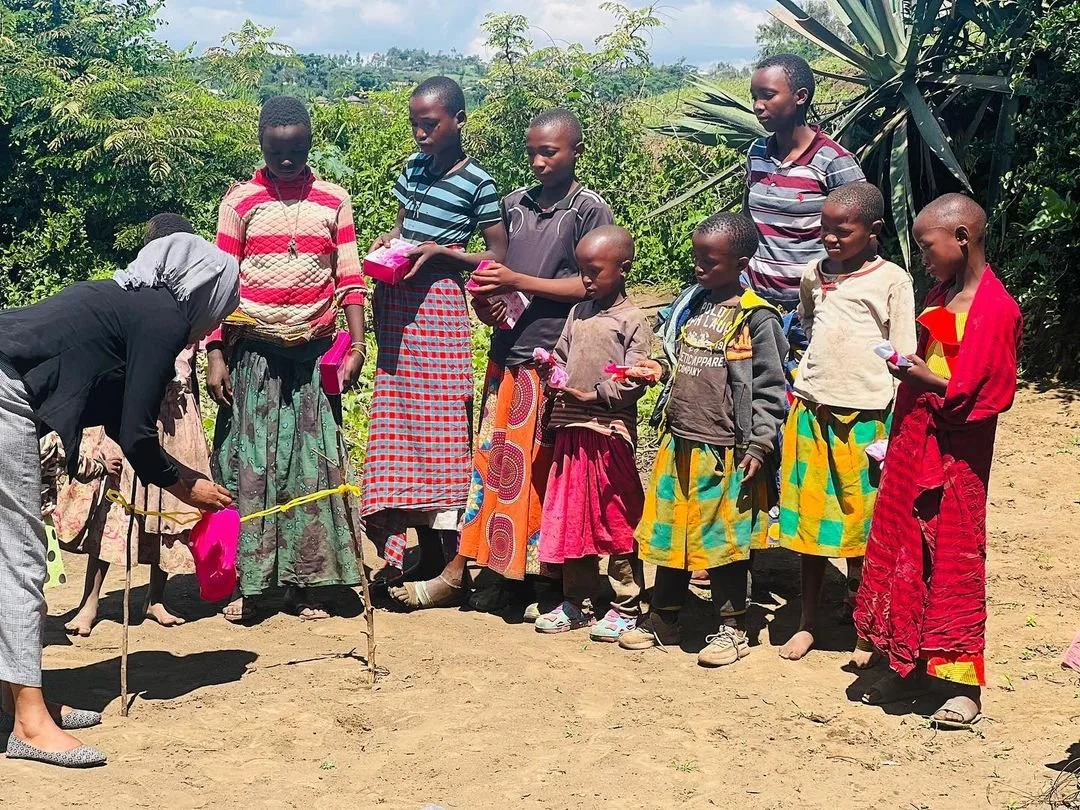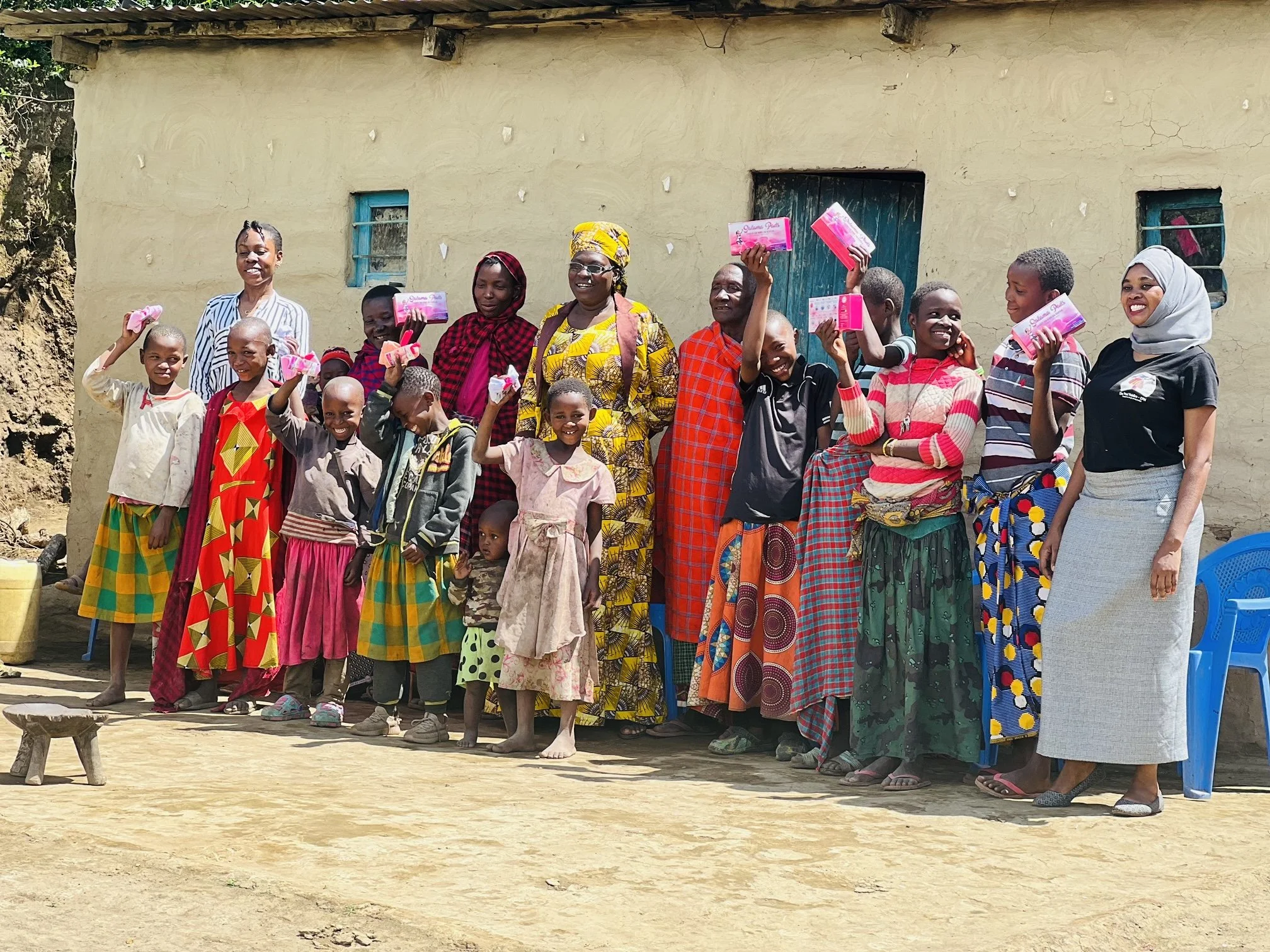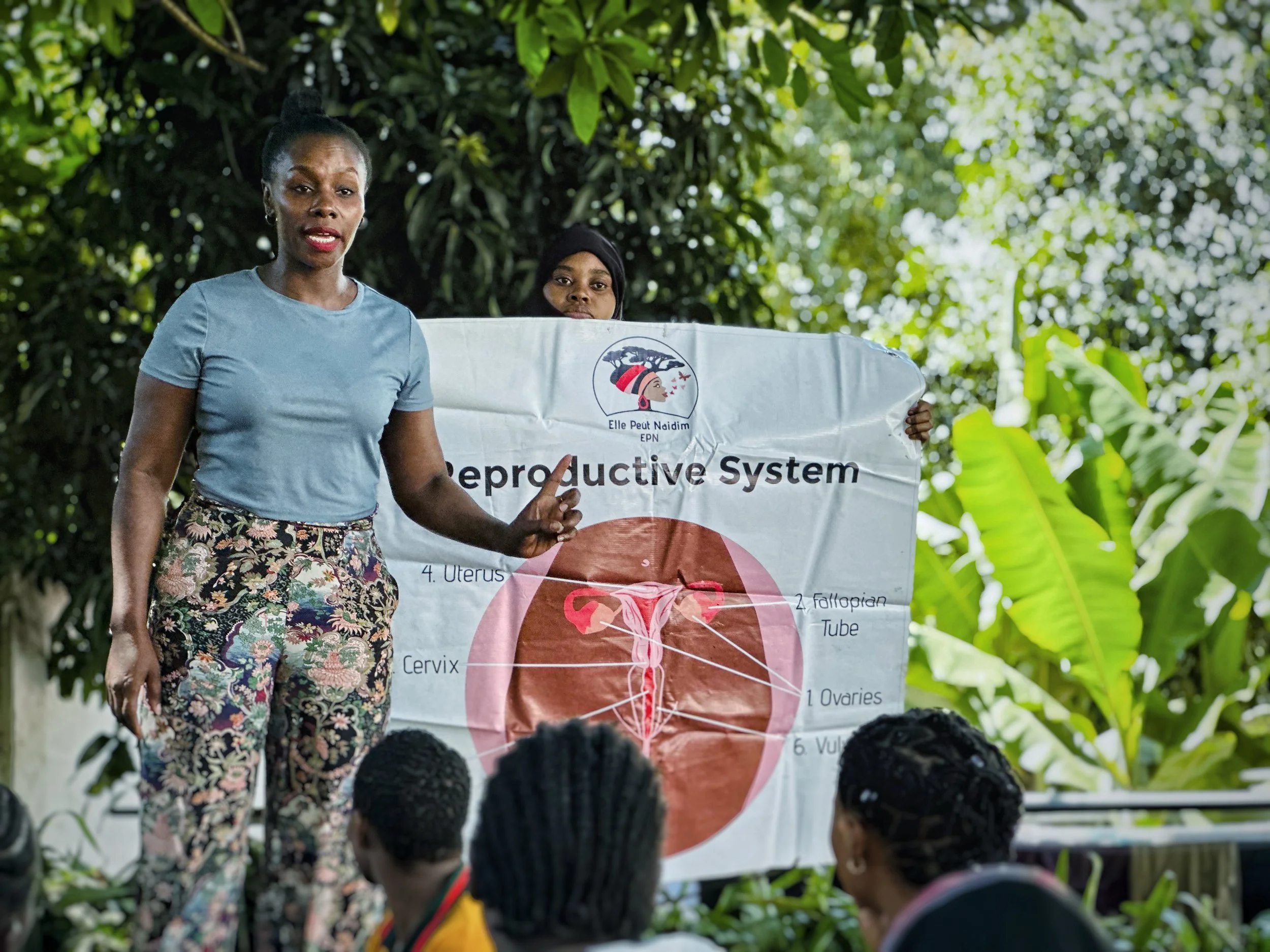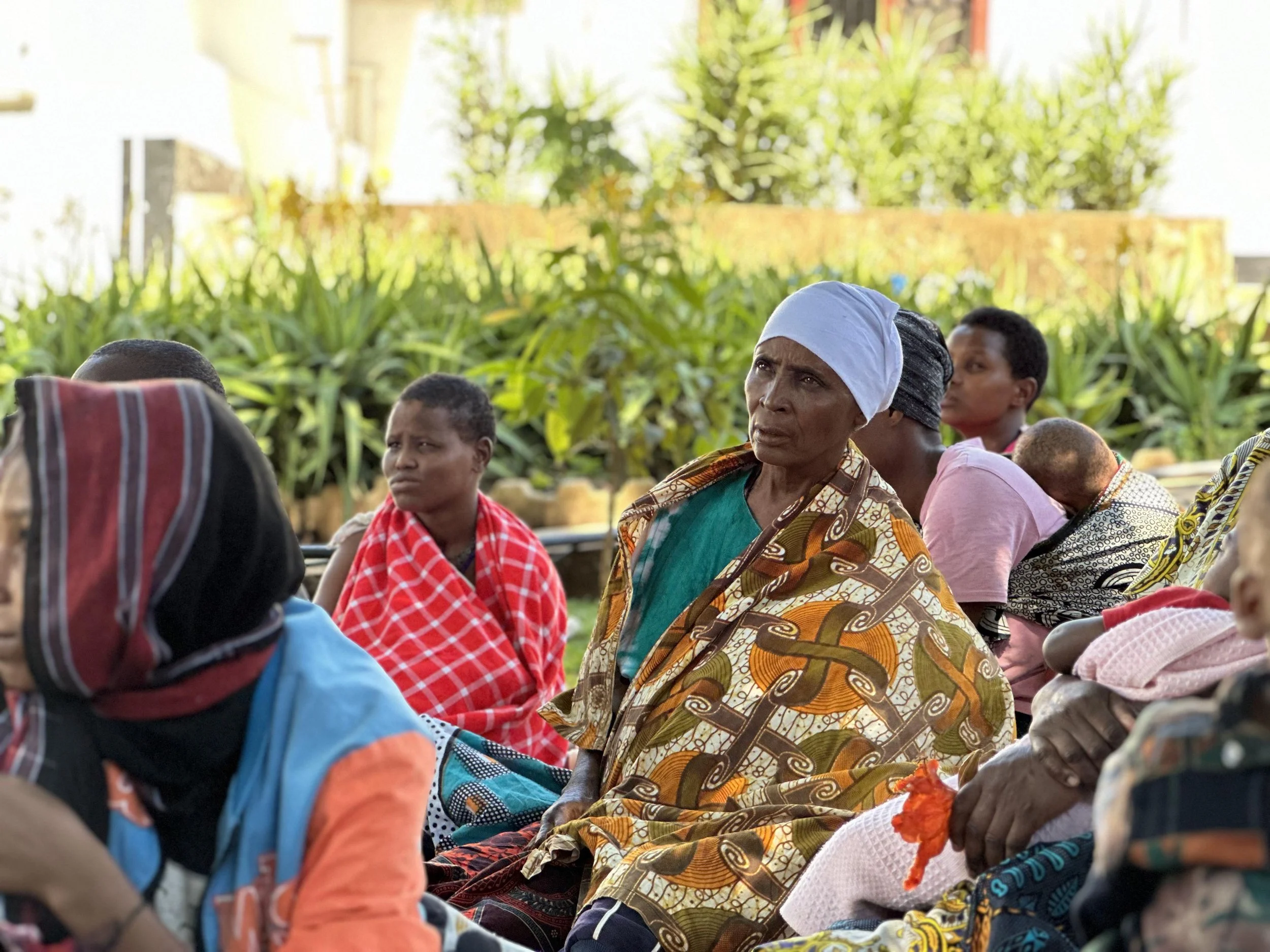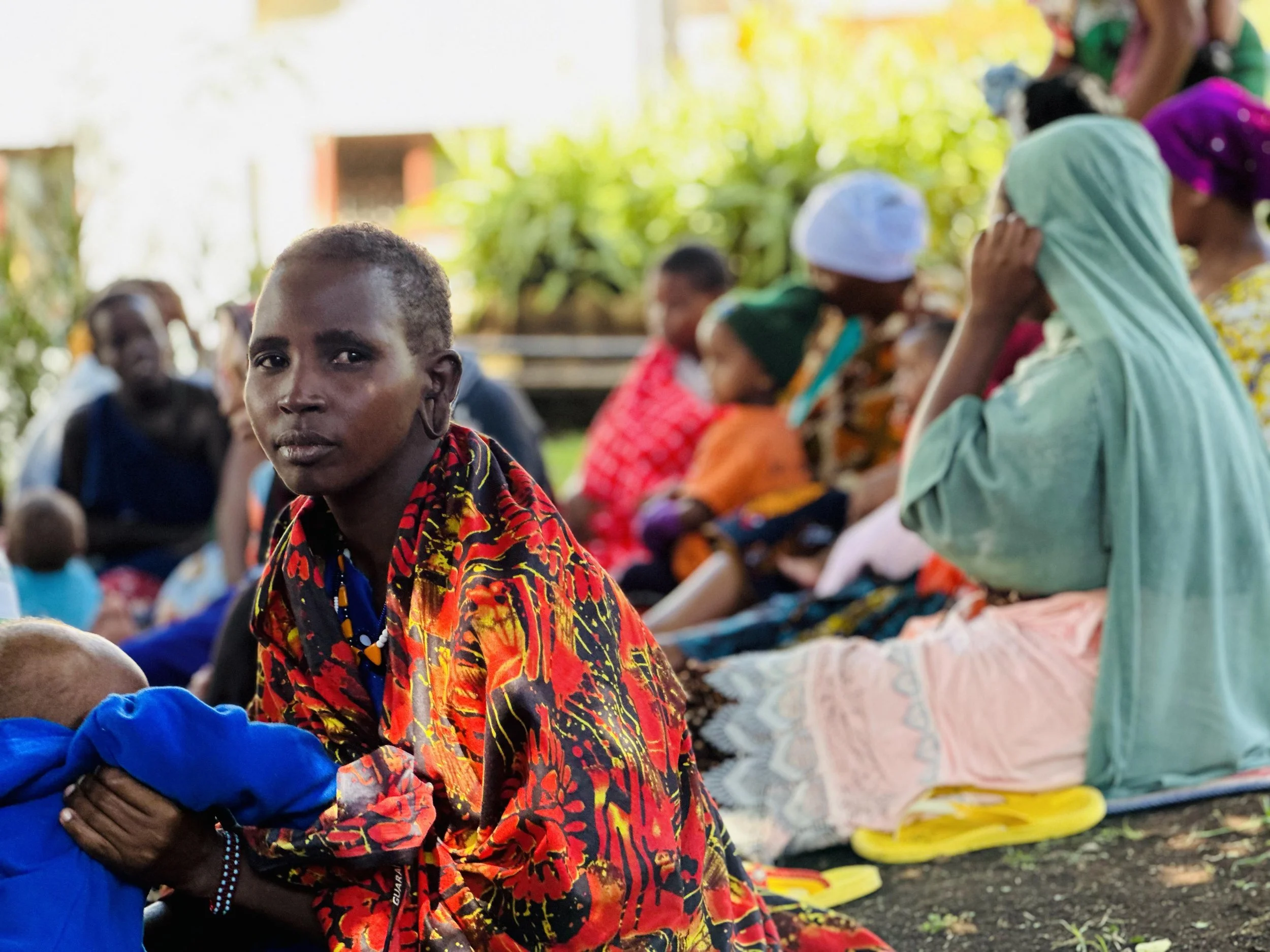
Happy Period, Happy Girls.
Holistic Menstrual Health Hygiene Campaign
Happy Period, Happy Girls.
Happy Period, Happy Girls (HPHG) is a standalone 2-hour session to girls and boys addressing all things surrounding menstruation. We use the term ‘Happy Period Happy Girls to generally mean that a happy girl is a girl who can embrace and enjoy their period with dignity. Young girls and women feel happy when they notice something nice, safe, comfortable and beautiful about themselves.
In a culture where girls are largely invisible—and their future can be stopped by things like period poverty—we want all of our girls to be instilled with the belief that they are capable of flying high. Our Happy Period, Happy Girls program takes a holistic approach to managing periods in complex environment and with readily available resources.
Additionally, Menstruation can affect Girls' Health, Education, Dignity and Participation in the society. EPN provides education, holds conversations about period and creates safe space to young girls so that they see the beauty in menstruation.
Girls learn about body changes, physiology of menstruation, how to manage these changes, how to be safe—and comfortable—using the materials girls are most familiar with, and most likely to continue using. We learn through stories, shared experience, laughter, and hands-on learning activities.
Why do we involve boys to this program?
Young boys and men have essential role in achieving effective menstrual hygiene program, teaching and involving boys and young men, teaching them about menstruation and other facts related to female sexual health promotes communication, lessens stigma, and creates more empathy. Not having these conversations between boys and girls at an early age can have a large impact on girls’ dignity during menstruation. Men and boys can support women and girls to manage menstruation effectively across different social domains including household, community, school, and work spaces.
HPHG SUSTAINABILITY
Through our four-year experience, EPN has decided to promote sustainability to allow more adolescent boys and girls to be easily reached and supported. Beginning of 2024 EPN has started Menstrual Health and Hygiene Teachers workshops in the selected wards in Arusha We provide teachers with hands-on knowledge, materials and all necessary support to encourage school teachers to hold these conversations with their students while EPN is away.
“period poverty” forces many young women to resort to the use of unhygienic materials
—cow dung, mattresses, feathers—as a “stop gap” in the absence of sanitary towels.
Use of unhygienic materials, and improper use of hygienic materials, is very likely to cause a host of critical health issues, ranging from a relatively innocuous vaginal yeast imbalance, to terminal infections that can grow from UTIs, and most noxiously, toxic shock syndrome.
The challenges of safely and comfortably managing periods also negatively impacts girls’ learning experiences.
They are absent from school, feel deep shame, and can suffer from poor mental health that distracts them from their studies. Thus, girls are likely to fall behind in course work. Lower attendance rates severely limit girls’ academic potential, and contribute to cycles of continued, intergenerational disempowerment.
Periods remain traditionally taboo topics in much of Tanzania
and most schools lack adequate material resources to provide menstrual materials, safe places to change, and access to educational programming to help overcome this immense hurdle to their development.
Some girls even reported to resorting to engaging in dangerous, transactional sex to afford disposable sanitary pads. This transactional sex can lead to STIs and pregnancy.
However, Elle Peut Naidim found many organizations and donors in their community were already distributing reusable sanitary pads.
And yet, many girls were still getting sick, and failing to attend school.
This was because
few organizations and donors were providing education, and nobody was asking the students
whether, and under what conditions, the materials actually worked for them.
Elle Peut Naidim undertook a Proof of Concept study at a peri-urban Secondary School to understand two critical questions that would impact how the organization should respond to the problem of period poverty.
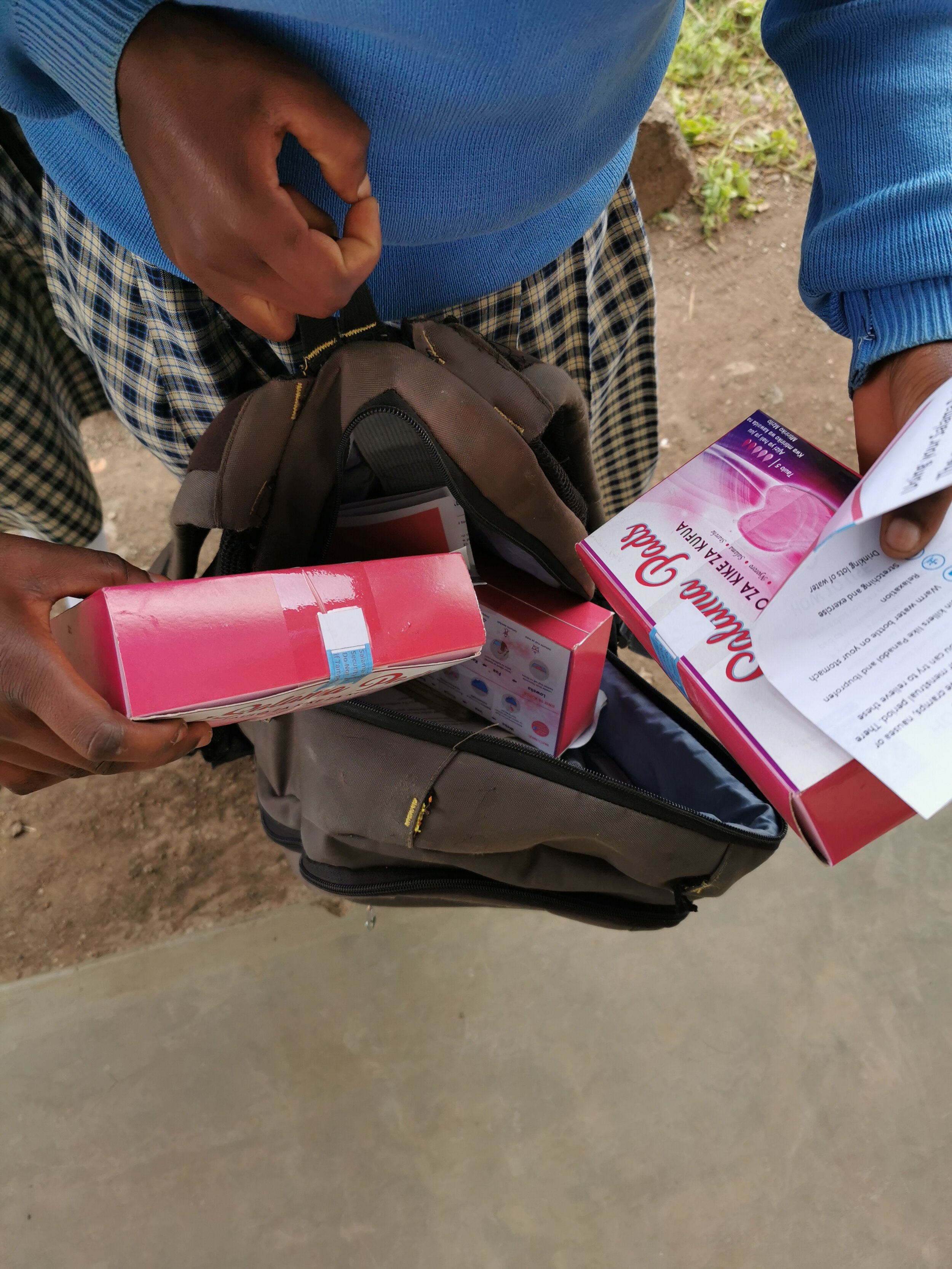
Our study asked 2 critical questions:
Does it work?
Do the most commonly provided menstrual materials reusable sanitary pads actually work for the students?
Do you know how to use it?
Does education matter in their ability to use the materials they’d been provided safely and as they were intended?

The Proof of Concept Affirmed that Education Matters. Period.
Education matters to attendance.
Girls who received the education campaign missed far less school.
They missed less school because they had menstrual materials (29% to 0%), knowledge of how to use them, and knowledge about how to handle their cramps.
Education increased student’s comfort in using the menstrual material provided by most donors (reusable sanitary pads).
The use of reusable sanitary pads (RSPs) as the main method increased dramatically.
Preference for nearly all methods alternative to reusable sanitary pads decreased.
Education decreased students’ reliance on less hygienic and more expensive menstrual materials.
Preference for reusable sanitary pads increased by 58.4 percentage points, while preference for disposable sanitary pads decreased by 43.8 percentage points.
Old pieces of cloth were the most popular secondary method of menstrual management, but steeply declined after the class.
Education dramatically increased students’ knowledge about how to hygienically care for the menstrual materials.
Agreement with all measures of knowledge about caring for RSPs increased.
The biggest change we saw in the students was in their knowledge of how often to change RSPs to avoid infection, and how to properly clean their RSPS.
Education dramatically increased students’ knowledge about knowledge and perceptions of menstrual health hygiene and management.
Agreement with all measures of knowledge and perceptions about menstrual health hygiene and management increased.
The kids love the class, and felt empowered by what they learned, and the materials they recieved.
Participants reported their satisfaction with and their change in knowledge due to the Mimi ni Tai campaign. They were asked whether they enjoyed the class, how they felt about the teacher, whether they felt they learned a lot, whether they planned to continue using the RSPs, and much more.
On more than half of the measures, 100.0% of participants either somewhat or totally agreed. On all but one question, 98.3% either somewhat or totally agreed.
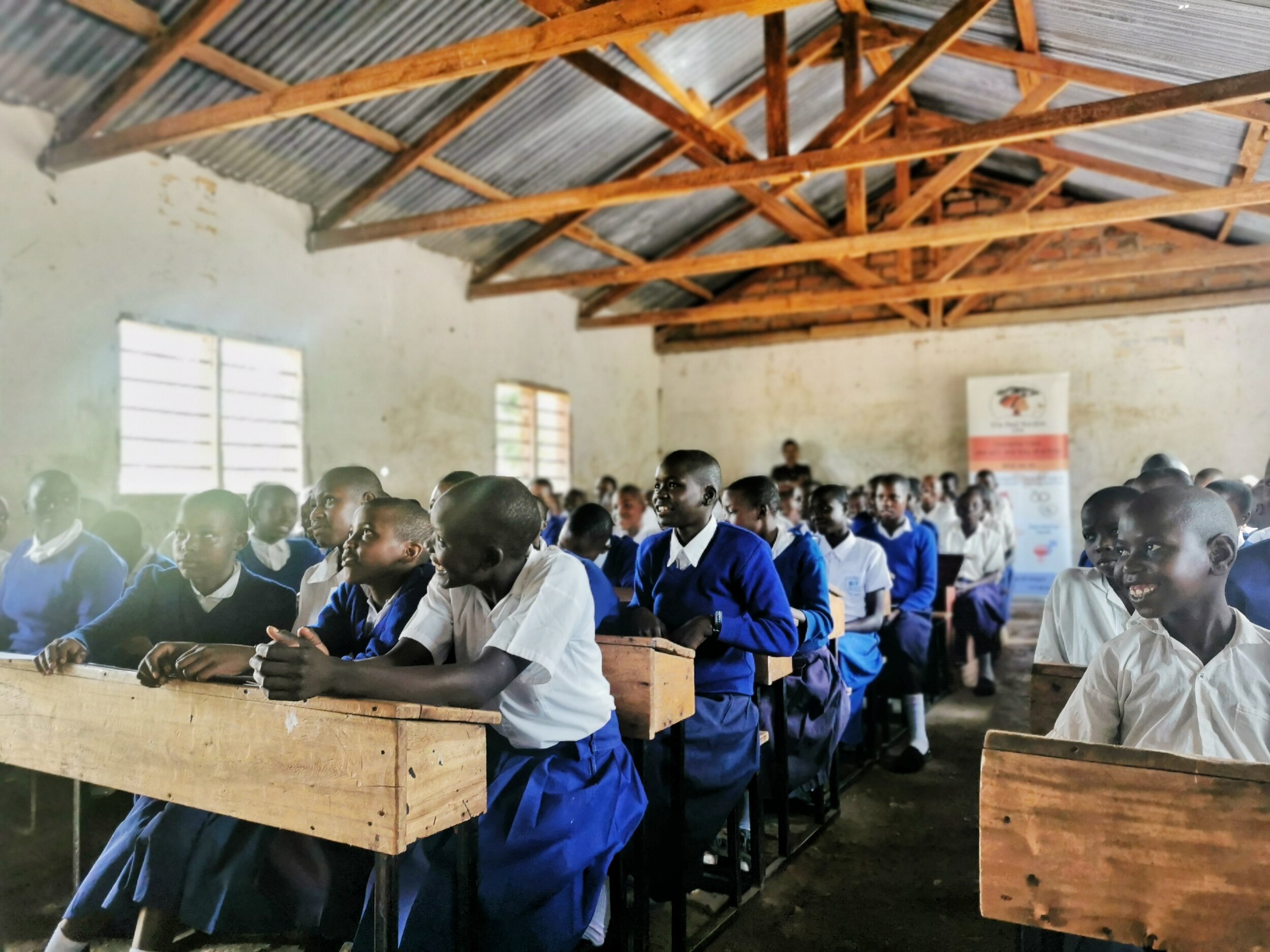
As a result, EPN created a 90-minute Campaign for holistic menstrual health hygiene and management. It’s called “Mimi ni Tai,” which, translated from Swahili to English means, “I’m an Eagle.” The team chose this particular symbol because eagles are known to have excellent, long-range vision; to be high-flyers; and to never give up.
Elle Peut Naidim now offers its 90-minute “Mimi ni Tai” program for free to all students who receive menstrual materials from anyone in—or outside—the community. Together with our partners, we will have reached almost 6,500 students in just 11 months.
Happy Period,Happy Girls: Program Outreach
